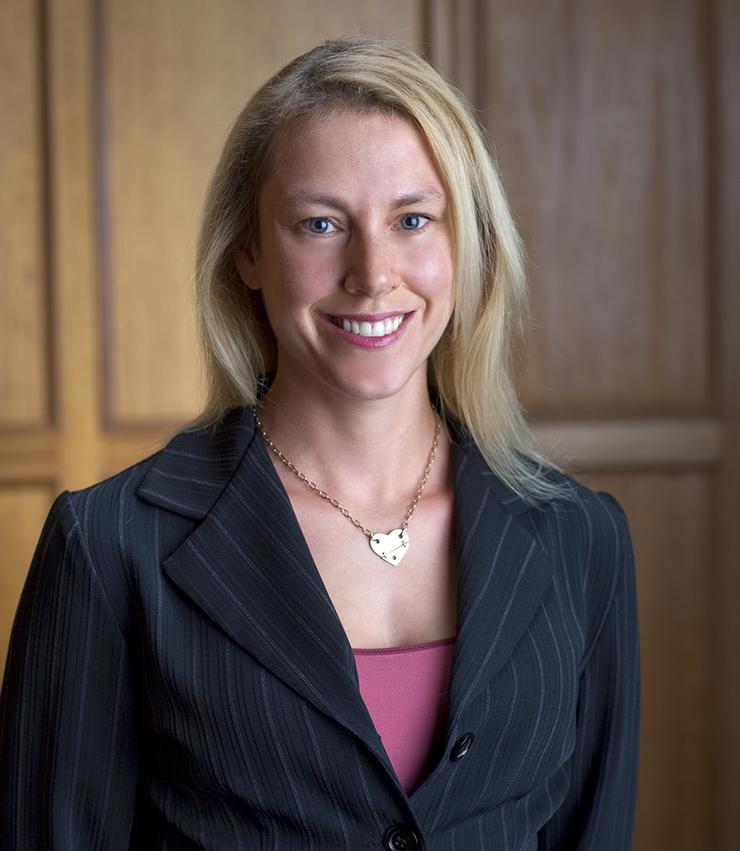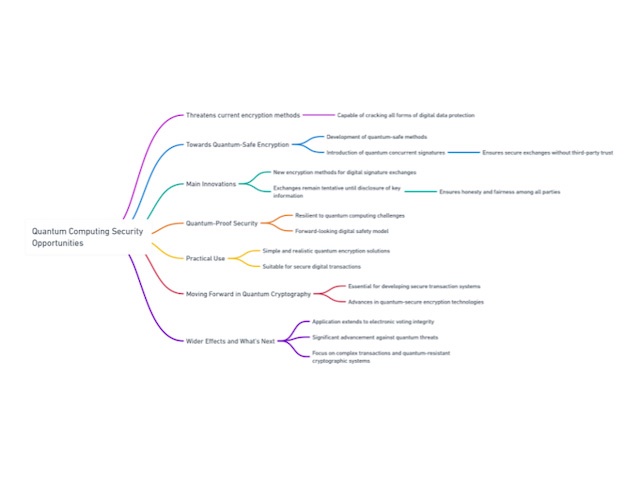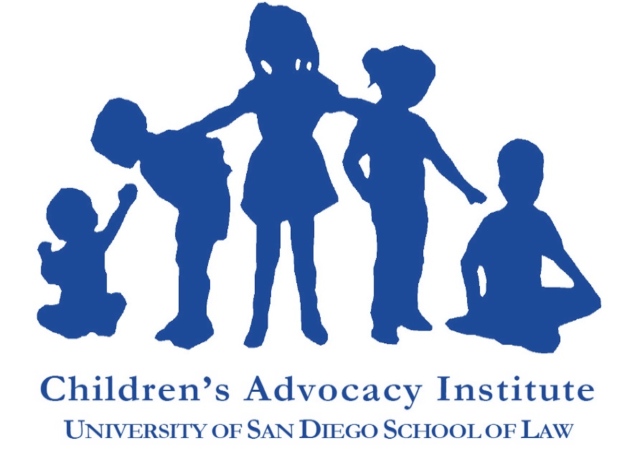New Article Co-Authored by USD School of Law Professor Orly Lobel Examines the Possibility of Applying Workplace Safety Rules to the NFL

San Diego (April 17, 2018) - Could occupational health and safety laws be applied to better protect NFL players? A new analysis, published on April 17 in the Arizona Law Review, explores this very possibility.
The article, written by the Law and Ethics Initiative of the Football Players Health Study at Harvard University, examines whether the U.S. Occupational Safety and Health Administration (OSHA) should take an active role in improving health and safety in the NFL workplace.
The article concludes that while OSHA clearly has the authority to regulate the NFL, there is little to no precedent or guidance for OSHA to insert itself into the on-the-field aspects of professional sports. The small body of case law that bears on OSHA’s authority in entertainment and sports opens some doors for OSHA to issue standards for the NFL but also sets some limits on its ability to alter the nature of the game. Adding a public institution like OSHA as a party to existing labor-management discussions concerning health and safety may be the best natural evolution of the issue, the report says, mapping a pathway for OSHA to step up to this challenge.
The authors of the article are Adam M. Finkel from the University of Michigan School of Public Health (and a former senior OSHA official in the Clinton and G. W. Bush administrations), Christopher Deubert from the law firm of Berg & Androphy, Orly Lobel from the University of San Diego School of Law, I. Glenn Cohen from Harvard Law School, and Holly Fernandez Lynch from the Perelman School of Medicine at the University of Pennsylvania.
This analysis offers the first in-depth academic legal exploration of treating professional football more like a traditional workplace that is subject to government regulation or “soft law” mechanisms involving public-private cooperation, such as providing information and guidance.
Some of the key points the article makes:
- OSHA clearly has the authority to regulate the on-field aspects of the NFL;
- Existing rates of injuries and medical conditions—including potential neurological conditions—among current and former NFL players are likely high enough to give OSHA the authority to set standards (possibly including exposure limits) governing NFL player health;
- A variety of changes to reduce injury and illness in NFL players would be consistent with OSHA’s authority to require only those improvements that are “economically feasible”;
- A recent court decision involving SeaWorld Parks & Entertainment suggests that OSHA cannot penalize an entertainment or sports business for unsafe conditions if the only way to remove the hazards would involve “changing the essential nature” of the entertainment itself.
“Although there are a host of political and practical obstacles for OSHA regulating the NFL, there are a variety of sensible ways for OSHA to intervene or involve itself without necessarily regulating,” Finkel said. “These include working with the NFL and the Players Association to develop codes of practice that the parties would agree to abide by, or to share expertise, review existing practices and policies, and provide training and monitoring.”
This research was initiated as part of the Law and Ethics Initiative of the Football Players Health Study at Harvard University, which ended its funded period in May 2017. The research is independent and not directed by the NFL, National Football League Players Association, or any other stakeholder. The article’s content, findings, and conclusions are solely the responsibility of the authors and do not represent the official views of the NFLPA, the Football Players Health Study at Harvard University, or Harvard University. These entities exercise no control over the findings or recommendations.
About Professor Orly Lobel
Orly Lobel is the Don Weckstein Professor of Labor and Employment Law at the University of San Diego, where she teaches and writes in the areas of employment law, intellectual property law, regulatory and administrative law, torts, behavioral economics, health policy, consumer law and trade secrets. Her current research focuses on innovation policy and intellectual property. Lobel ‘s works include Talent Wants to Be Free: Why We Should Learn to Love Leaks, Raids, and Free-Riding (Yale University Press, 2013); “The Incentives Matrix: The Comparative Effectiveness of Rewards, Liabilities, Duties and Protections for Reporting Illegality” in 88 Texas Law Review 1151 (2010); “Citizenship, Organizational Citizenship, and the Laws of Overlapping Obligations” in 97 California Law Review 433 (2009); Encyclopedia of Labor and Employment Law and Economics (Dau-Schmidt, and Harris, eds.) (Edward Elgar Publishing, 2009); “Behavioral Versus Institutional Antecedents of Decentralized Enforcement in Organizations: An Experimental Approach” in 2 Regulations & Governance 165 (with Feldman) (2008); “Stumble, Predict, Nudge: How Behavioral Economics Informs Law and Policy” in 108 Columbia Law Review 2098 (with Amir) (2008); “The Paradox of Extra-Legal Activism: Critical Legal Consciousness and Transformative Politics” in 120 Harvard Law Review 937 (2007); and “The Renew Deal: The Fall of Regulation and the Rise of Governance in Contemporary Legal Thought” in 89 Minnesota Law Review 342 (2004). Her articles have won several awards including the Thorsnes Prize for Outstanding Legal Scholarship and the Irving Oberman Memorial Award. Lobel is a frequent speaker at universities throughout Asia, Europe and North America. She was USD's Herzog Endowed Scholar for the 2012-13 academic year and was the 2013-14 recipient of USD’s Thorsnes Prize for Outstanding Legal Scholarship.
About the University of San Diego School of Law
The University of San Diego (USD) School of Law is recognized for the excellence of its faculty, depth of its curriculum, and strength of its clinical programs. Each year, USD educates approximately 800 Juris Doctor and graduate law students from throughout the United States and around the world. The law school is best known for its offerings in the areas of business and corporate law, constitutional law, intellectual property, international and comparative law, public interest and taxation.
USD School of Law is one of the 84 law schools elected to the Order of the Coif, a national honor society for law school graduates. The law school’s faculty is a strong group of outstanding scholars and teachers with national and international reputations and currently ranks 35th nationally and 6th on the West Coast among U.S. law faculties in scholarly impact and 20th nationally and 4th on the West Coast in past-year faculty downloads on the Social Sciences Research Network (SSRN). The school is accredited by the American Bar Association and is a member of the Association of American Law Schools. Founded in 1954, the law school is part of the University of San Diego, a private, independent, Roman Catholic university chartered in 1949.



